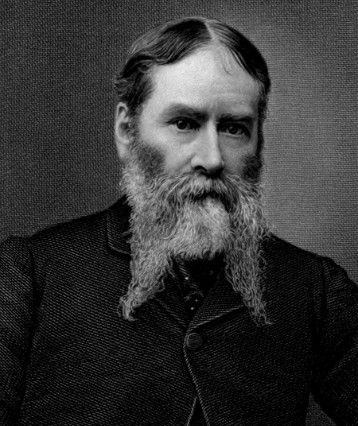Return to The Meaning of Abraham Lincoln’s Birthday.
Forward the Link
You want to share the page? Add your friend's email below.
Excerpt from “The President’s Policy”
Introduction
Return to The Meaning of Abraham Lincoln’s Birthday.



Post a Comment